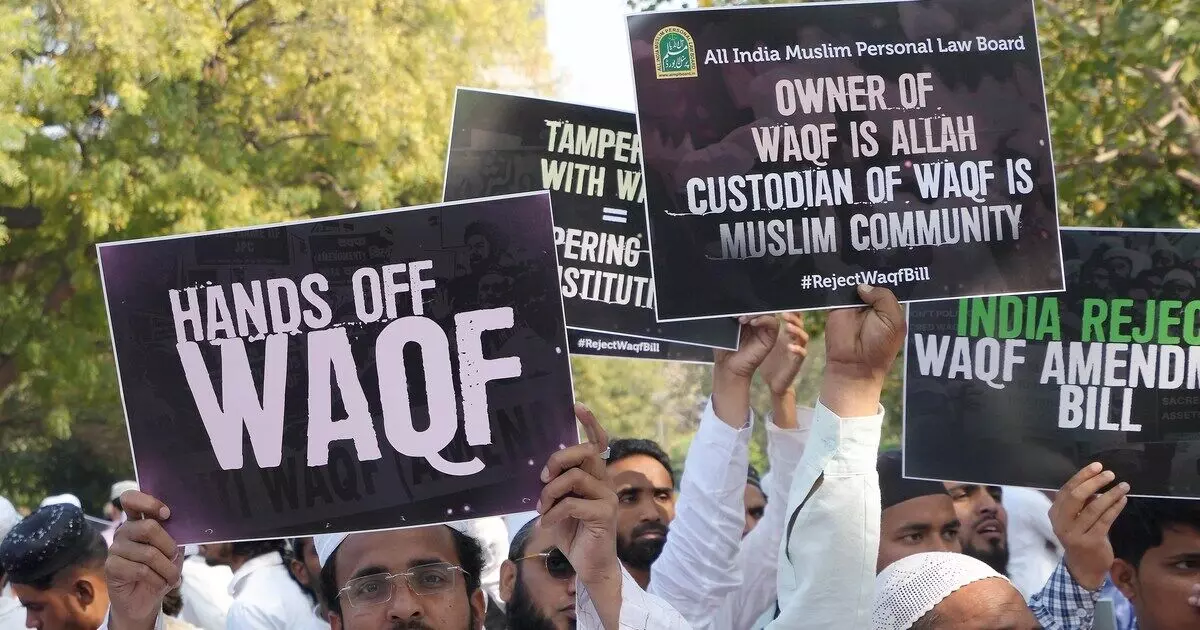What is the Waqf Amendment Bill and why is it controversial?

The Waqf Board Act Amendment Bill was introduced in Parliament today. Earlier, this bill was first introduced in the Lok Sabha on 8 August 2024. A heated debate is ongoing among various political parties regarding this bill.
What is the Waqf Amendment Bill?
The Modi government has introduced two bills regarding changes in the Waqf Board:
- Waqf (Amendment) Bill, 2024
- Muslim Waqf (Repeal) Bill, 2024
The Waqf (Amendment) Bill, 2024 was introduced in the Lok Sabha on 8 August 2024. It aims to amend the Muslim Waqf Act, 1923 and the Waqf Act, 1995.
Meaning and origin of the word Waqf
The word ‘Waqf’ comes from the Arabic language, which has its roots in the word ‘Wakufa’, which means to hold, to hold or to preserve. In Islam, Waqf refers to property that is reserved for public welfare.
The British government formally introduced the Waqf Board in 1913 and enacted the Waqf Act in 1923, which gave it a legal basis. At that time, people used to donate their properties individually for helping the poor, education or religious purposes.
Why the controversy over the Waqf Bill?
The government has highlighted some of the major problems with the Waqf Bill, which include:
Immutability of Waqf properties: The principle of ‘once Waqf, always Waqf’ has led to controversy.
Complaints of encroachment and legal disputes: There has been a rise in cases of encroachment and mismanagement of Waqf properties.
Incomplete survey: Complete information of Waqf properties across the country is not available.
Lack of judicial monitoring: Decisions of Waqf tribunals cannot be challenged in the High Court or other courts.
Misuse of Waqf laws: The Waqf Act covers only one religion, while there is no specific law for other religions, which violates the principle of equality of the Constitution.
History of the Waqf Act in India
1954: The Waqf Act was passed for the first time after independence.
1995: The Act was amended to give more powers to the Waqf Board, but with this came problems of encroachment and illegal leases.
2013: Another amendment was made to the Waqf Act, which gave greater powers to the Waqf Boards. Under this, the sale of Waqf properties was made almost impossible and the scope of claiming properties in the name of Muslim charities was increased.
